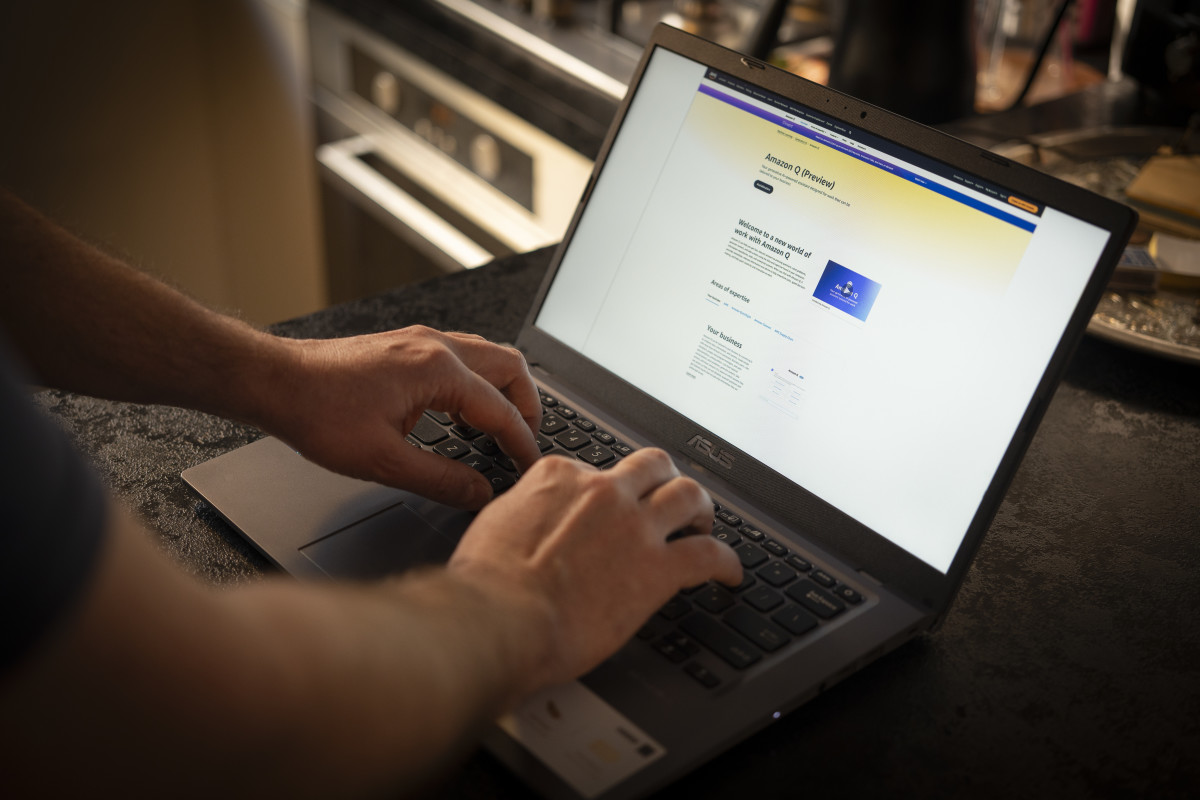
As artificial intelligence continues to advance, concerns about its potential risks only grow bigger. While some AI experts say the technology is completely safe, others are desperately calling for regulation. Patrick Moorhead, CEO and Chief Analyst, Moor Insights joined TheStreet to discuss these risks as well as the precautions that should be taken.
Full Video Transcript Below:
J.D. DURKIN: There's a lot of fear, a lot of uncertainty surrounding artificial intelligence. Many people have been highlighting just how powerful the technology is. What is your take on that? Is there a sort of line, Patrick we might get up to where we say, oh, maybe we all we all went a little too far with its early development.
PATRICK MOORHEAD: So I think the conversation is very healthy and pragmatic because quite frankly, generative AI in the wrong hands use for the wrong purposes could hurt a lot of people. We did see a lot of these fears with electricity. We saw these fears with elevators and even cars before horse and buggy. And again, this is not to write this off, but but I do believe at some point there needs to be a some sort of a kill switch that disables if the AI gets too smart and wants to to to take over and that that is a possibility in the future. And I think we need to be prepared for it. What I don't think we should be doing that I've been seeing is giving the larger companies the advantage through regulation innovations in in the world over the last 500 years have not been done by gigantic organizations or companies. They've been brought up by the smaller companies. Google was a startup, Tesla was a startup, Microsoft was a startup, apple was a startup. We need to make sure that we have reasonable regulations that enable the smaller companies to deliver this information in addition to the larger ones.
J.D. DURKIN: Are there any other precautions or type of safeguards that you think should be crucial or at least considered to prevent those type of unintended consequences?
PATRICK MOORHEAD: Yeah, I think we need a fast track for regulation when it comes to critical infrastructure, our telephone systems, our banking systems, our university, the the energy grid, anything that touches core services out there, water, for example. I do think there does need to be a checking mechanism that when it comes to critical infrastructure like that, it is very monitored. Now, there are a lot of regulations already in these very highly regulated, regulated businesses, and I'm usually the last person to call for more regulation. But we do need to make sure that we have safeguards for those specific industries to make sure that, quite frankly, doesn't take over.







